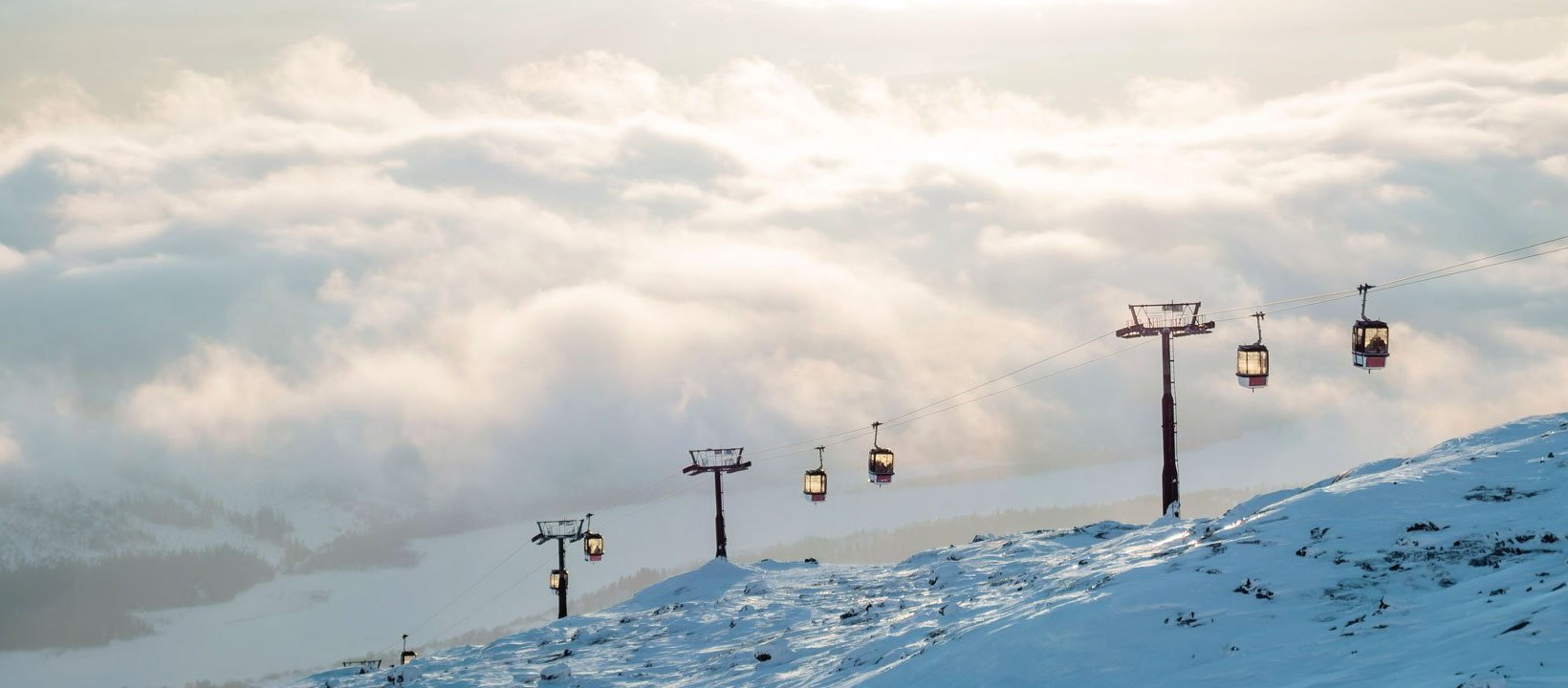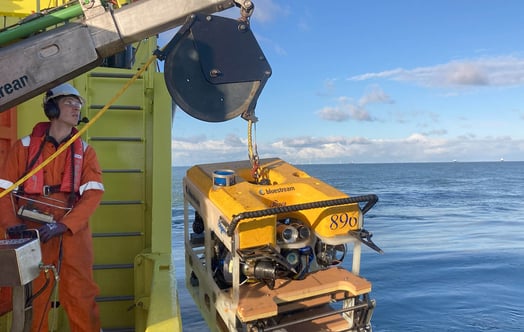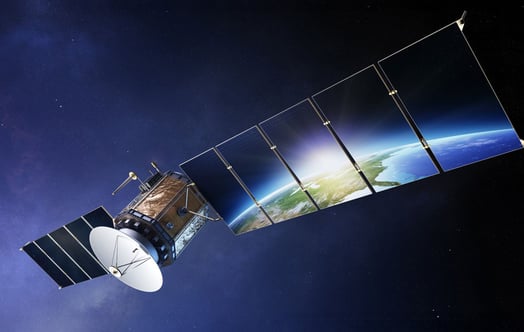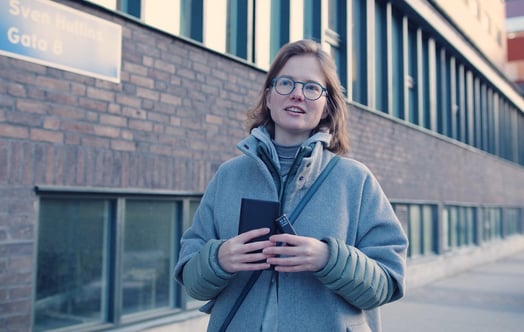
Vattenfall partners with Åre World Ski Championship for the climate
Helping organisers reach the goal of a climate neutral championship.
Åre in Sweden will host the FIS Alpine World Ski Championships in February. In the course of 12 days, 120,000 visitors are expected to watch the world's best alpine skiers compete for medals in the second largest alpine event after the Olympics.
The organisers have high sustainability ambitions and aim to arrange the first climate neutral world championship. Vattenfall, the Swedish energy company, is participating as a Smart Energy Partner, helping to ensure that the championship has the highest degree of climate efficiency.
"Vattenfall is a great asset to us as a Smart Energy Partner. Energy is a vital element in our initiatives to work sustainably and contributes substantially in our striving to be a climate neutral world championship. In this collaboration, we gain access to Vattenfall's expertise, which is something we highly value," says Niklas Carlsson, CEO of Åre 2019.
Energy storage facility optimises electricity consumption
In addition to the advice and expertise, Vattenfall will supply smart technology for sustainable energy consumption.
Adjacent to a big hotel in the village a smart energy storage facility will be installed. The energy storage will consist of eight batteries to provide a total of 340 kilowatt hours of energy and will reduce the capacity peaks of eight charging stations for electric vehicles. The charging stations will be used for the ten electric snow mobiles that Vattenfall will provide in collaboration with Finnish manufacturer Aurora Powertrains. Quietly, and with no emissions, the snow mobiles will transport skiers, officials and visitors between the hotel and competition arena. A four-wheel drive work vehicle will also be used during the championship, this too will also run on electricity.
Charging stations and solar roofs
"We want to demonstrate various sustainable options to combustion engines, in addition to electric cars, as well as show how we can enable a switch to a sustainable society with the help of smart technology such as energy storage facilities combined with charging solutions. In this way, we also want to demonstrate how we can support the charging of electric vehicles using smart technology, even in less powerful grids such as those in the mountains," says Pontus Karlsson of Vattenfall R&D.
Vattenfall will also install charging infrastructure to be used for electric cars that Audi will put at the disposal of the organisers of the competition. Approximately 20 temporary charging points will be installed in collaboration with the real estate company Diös. These will service the 30 brand new electric Audi E-tron cars.
By installing a 380 square metre solar roof on the building of the world championship organisation, adjacent to the ski hill, Vattenfall will further contribute to the climate smart event. The solar panels will be able to generate about 37,000 kWh annually which corresponds to the consumption of seven normal Swedish households.
During the event, Vattenfall will have a pavilion in the sponsors area demonstrating energy solutions including charging solutions, solar panels and battery storage facilities to visitors.
"We have commitment to become fossil-free within a generation, but we also strive to support others who share our vision. Therefore, I am very proud to work with the World Championship Organisation in Åre to reach the goal of being a climate neutral championship by next year," says Ariane Ribbeck, Head of Vattenfall's sponsoring operations.



